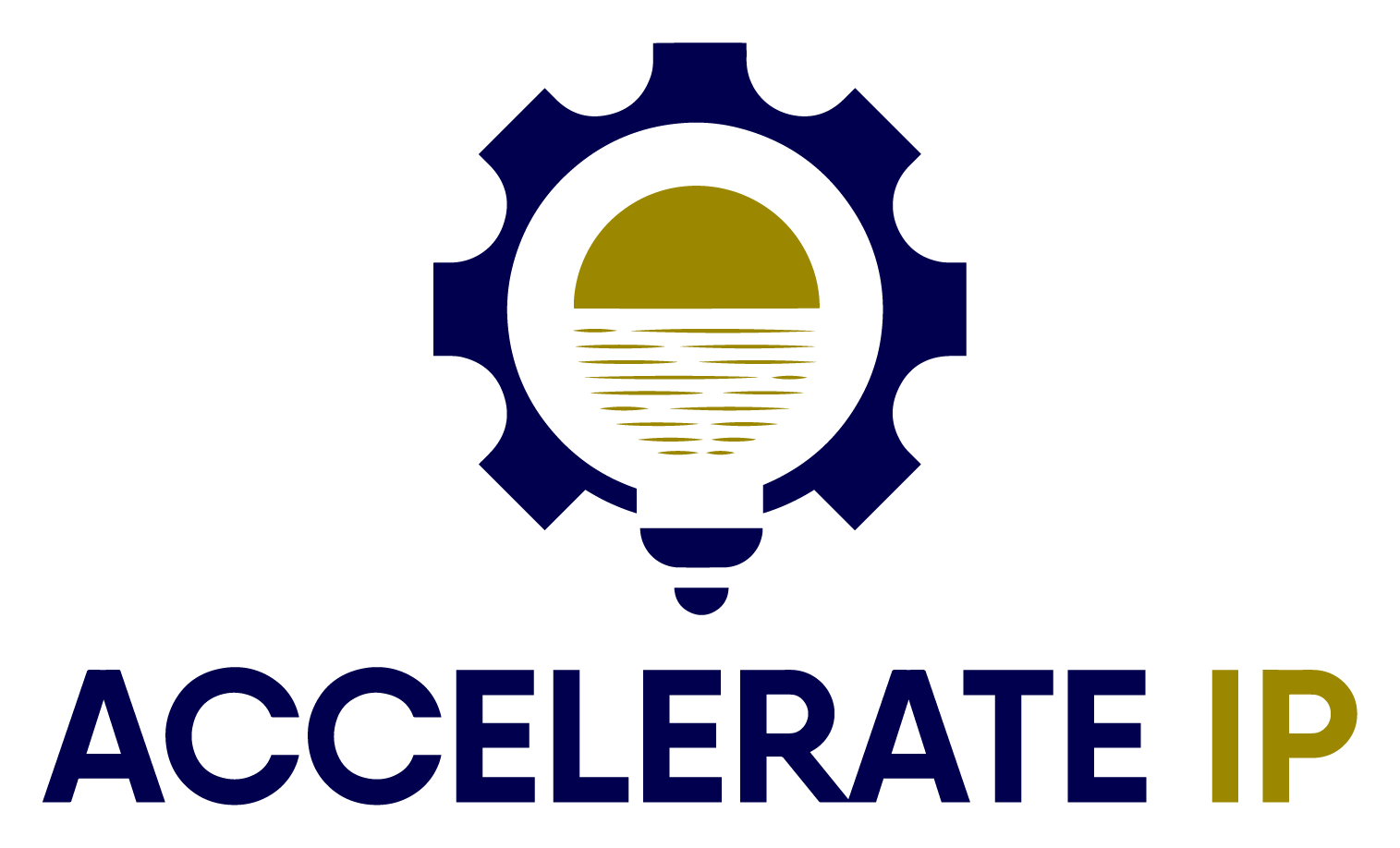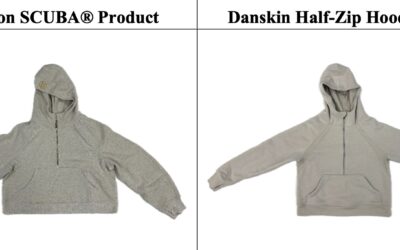Introduction
Understanding patent law is crucial for innovators and inventors seeking to protect their groundbreaking ideas. One aspect that often comes into play is 35 USC 101, the statute governing patent-eligible subject matter. In recent years, the landmark case of Alice Corp. v. CLS Bank International has significantly influenced how this statute is interpreted.
Background: Alice Corp. v. CLS Bank International
The Alice case, decided by the Supreme Court in 2014, addressed the patent eligibility of certain computer-implemented inventions. The court ruled that abstract ideas implemented using generic computer technology are not patent-eligible unless they involve an inventive concept that goes beyond the mere application of the idea on a computer.
Key Takeaways
1. Abstract Ideas and Patent Eligibility
Alice clarified that abstract ideas, such as fundamental economic practices or mathematical formulas, are not patent-eligible on their own. To be patentable, an inventive concept must be applied, transforming the abstract idea into something more.
2. Two-Step Test
The decision established a two-step test for determining patent eligibility:
a. Determine whether the claims are directed to an abstract idea.
b. If so, assess whether the claims include an inventive concept that adds significantly more to the abstract idea.
3. Impact on Software Patents
The Alice decision has had a significant impact on the patentability of software-related inventions. Many patents that were previously granted for software processes have been subject to reevaluation, requiring inventors to demonstrate a genuine technological innovation.
Navigating 35 USC 101 Challenges
1. Clearly Define the Invention
To overcome 35 USC 101 challenges, it is crucial to clearly define the invention in a way that emphasizes its specific technological features and practical applications.
2. Emphasize Technological Improvements
Highlight any technological improvements or innovations that go beyond the abstract idea itself. This can strengthen the argument for patent eligibility.
3. Consult with Legal Experts
Navigating the nuances of 35 USC 101, especially in the post-Alice landscape, requires legal expertise. Consult with patent attorneys who specialize in this area to ensure a robust strategy.
Conclusion
The Alice decision has reshaped the landscape of patent eligibility, particularly for software-related inventions. Innovators must carefully navigate 35 USC 101 challenges by focusing on clear definitions, technological improvements, and legal guidance to secure and protect their intellectual property.




